Written by Brett Davies for Runner’s Tribe
June 10th this year marks the 40th anniversary of one of the greatest middle-distance performances of all time. Britain’s Sebastian Coe’s world 800m record of 1.41.73. At Florence (Firenze) Italy on a calm summer evening, the legendary distance running icon produced what was arguably his finest performance.
Until the London-born Yorkshireman ran his two 800m world records in 1979 and 1981, the event had stagnated to a degree, with incremental improvements in the record over the previous two decades. Peter Snell’s incredible 1.44.3 on grass in 1962 was equalled by the next two Olympic champions, Ralph Doubell (1968)and Dave Wottle (1972). The Italian/South African Marcello Fiasconaro and ’76 Olympic champ Alberto Juantorena improved almost another second on Snell, but 1.43 remained a substantial barrier.
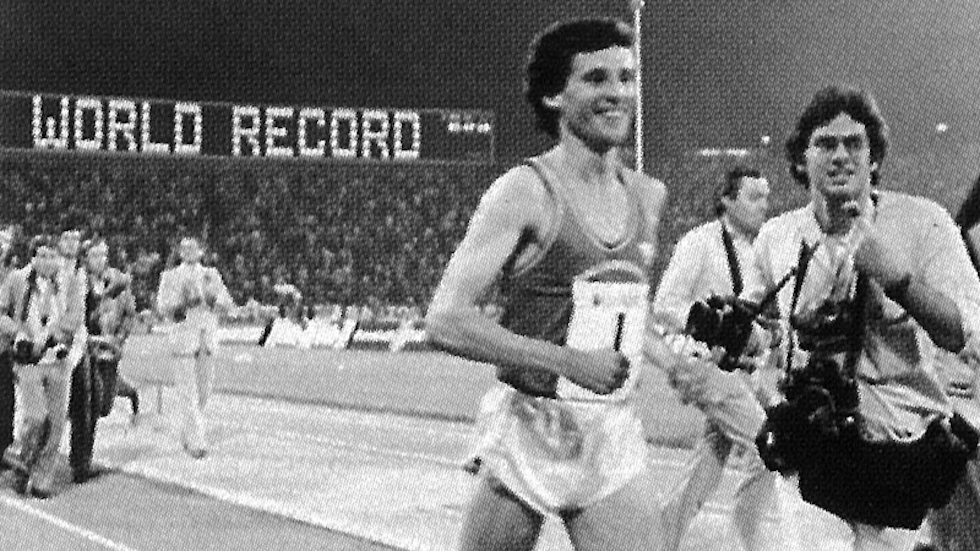
In 1981, a 24 year-old Coe was in the form of his career. Coming off his Olympic medals in 1980, he ran four world records and dominated every race he ran (studiously avoiding his arch nemesis, fellow Olympic Champion Steve Ovett – also in career-best form in ’81).
Coe had hinted of something special being on the cards, when at a meeting in London three days prior to Florence, he ran a very easy-looking 800m in 1.44.06. He backed it up with a 45.5 4x400m relay leg, demonstrating his renowned sprinting talent.
The race in Florence was set up perfectly for Coe’s record attempt. Paced through the first lap by a 19 year-old Kenyan Billy Konchellah, Coe settled in to a controlled, yet quick first lap (Konchellah was the 1987 and 1991 world champion and was later disgraced over a number of sexual assault allegations),
Coe ran 49.9 through 400m and passed Konchellah (49.7 @ 400m) on the bend at 500m. He maintained his pace through 600m (1.15.0). Seb drove for home around the final bend and held his form beautifully in the straight to stop the clock at 1.41.73 and smash his own world record by 0.6. Initially, there was conjecture over the accuracy of the electronic timing in the stadium, but the record was soon officially ratified. At that time, no other runner had even run under 1 minute 43, and Coe had broken 1.42 by a considerable margin.
Coe’s record lasted 16 years and survived a generation or two of outstanding 800m runners (Cruz, Konchellah, Ereng, Koskei, Gray, Cram, Elliott, Rodal et al). before finally being equalled then beaten by the Kenyan-born Dane, Wilson Kipketer.
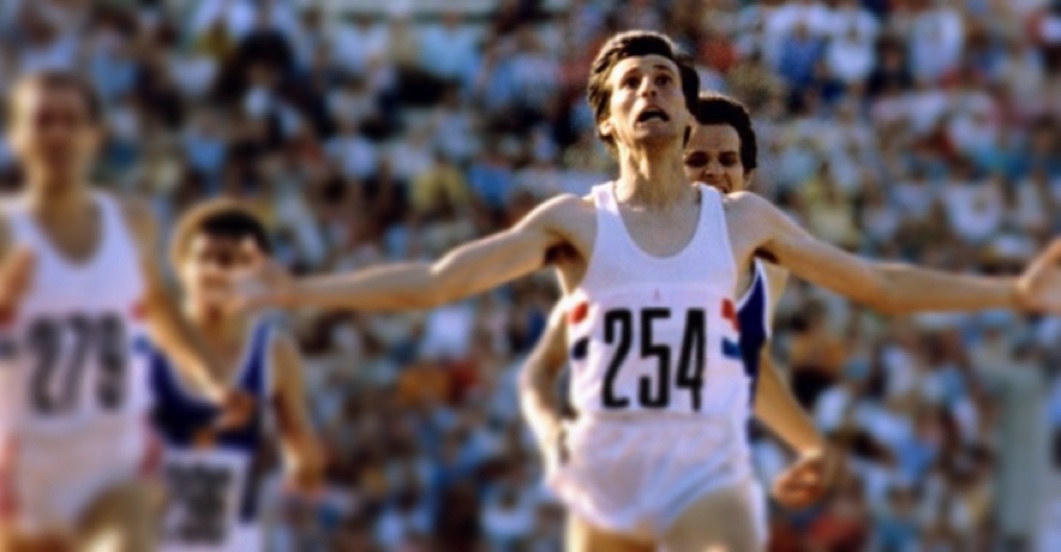
Coe went on to anchor a long-standing world record in the 4x800m relay, regain his Olympic 1500m title and run second in the Olympic 800m to a rampaging 21 year-old Brazlian, Joaquim Cruz. He won the European 800m title and and won other medals in European and World Cup events, before retiring after an illness-affected 1990 Commonwealth Games.


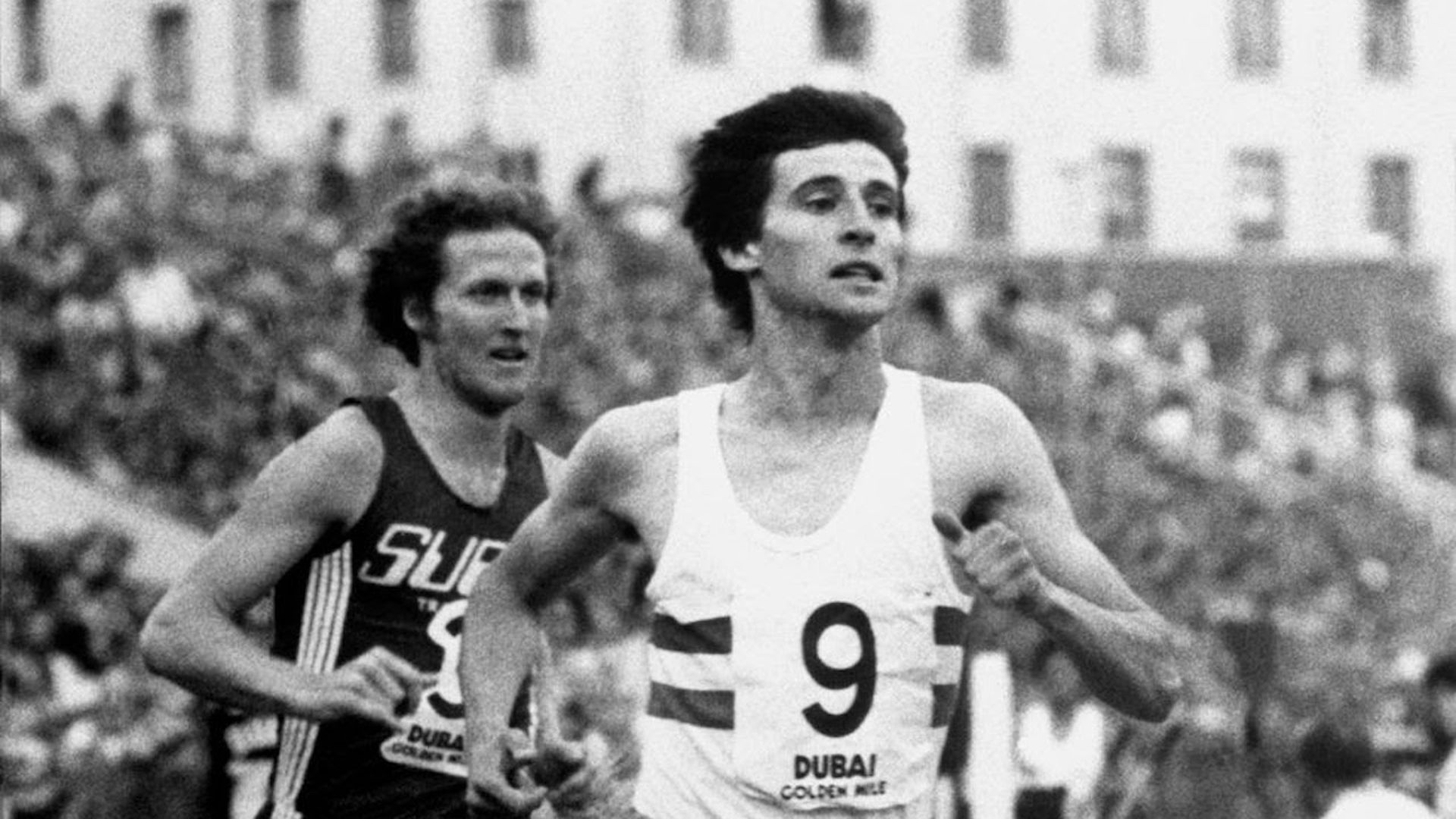

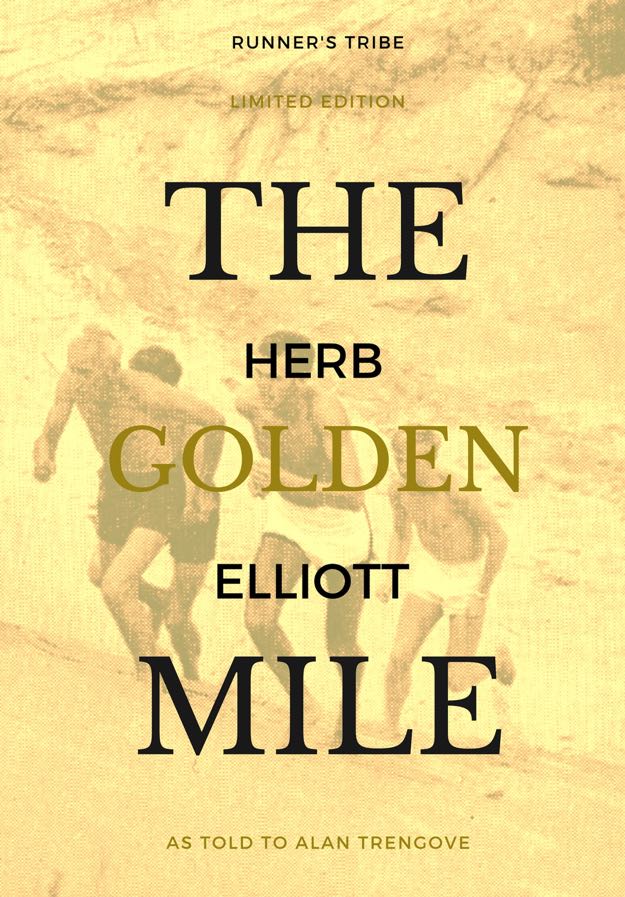
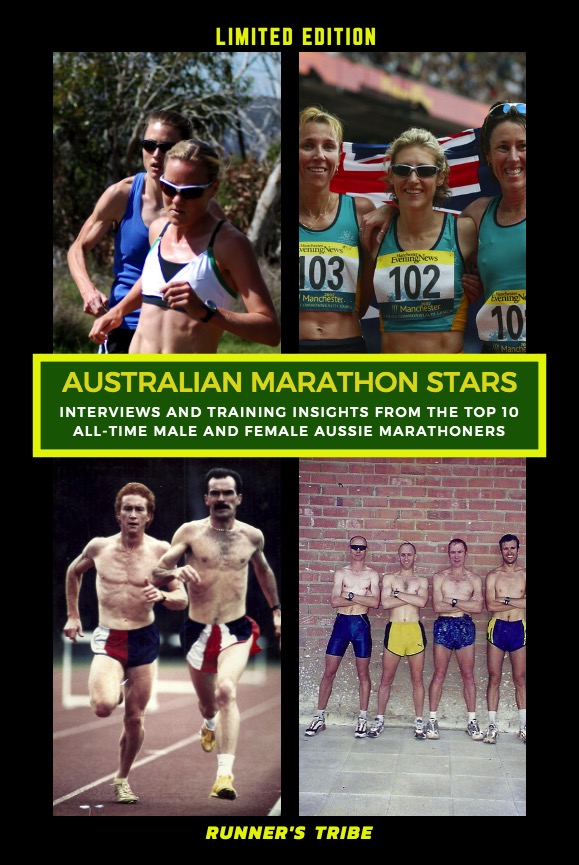













What a runner Coe, excellent article!